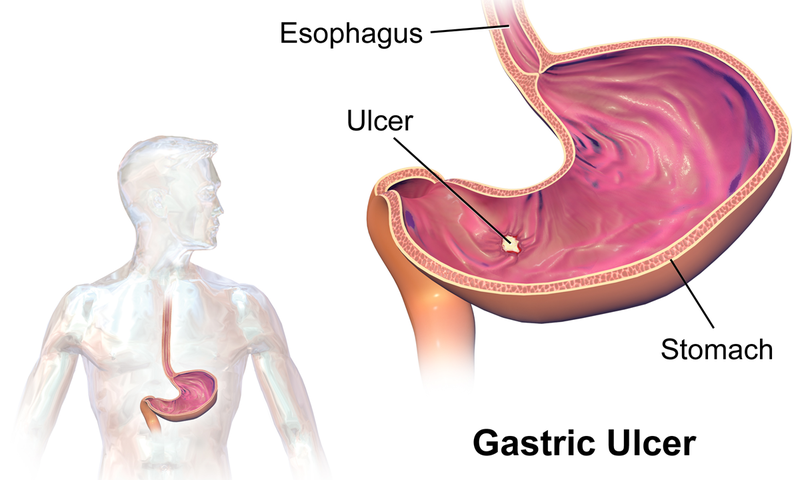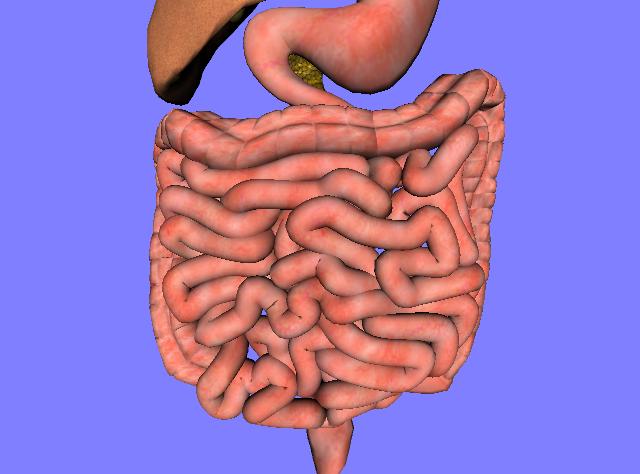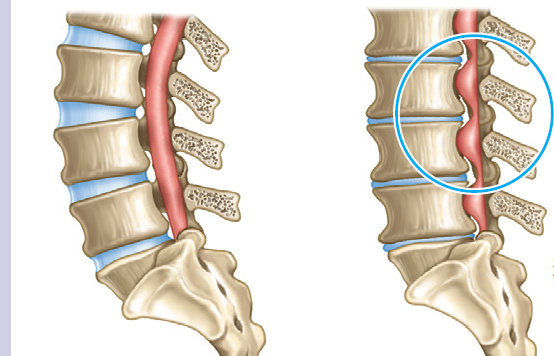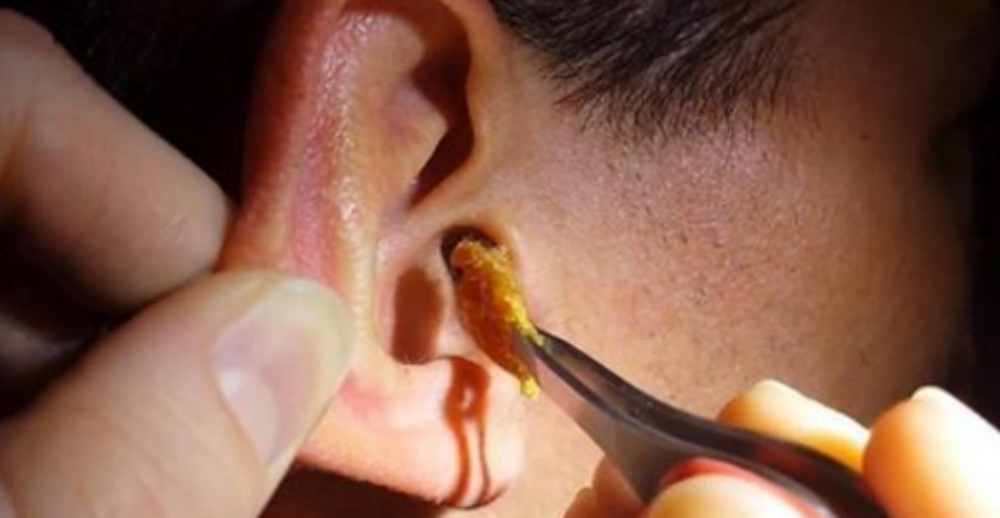There are many who think so, a very common finding, that sweeteners are the protectors of the line.
According to a new review of the figure, however, there would still be insufficiently convincing evidence that sweeteners, both natural and artificial, represent definite benefits on our health when compared to sugar.
The research
The best-known sweeteners , Aspartame, Fructose and Stevia are often added in foods and beverages to replace sugar in order to reduce calories , becoming in the eyes of consumers a viable alternative for weight control.
But what kind of certainty do we have that sweeteners have real beneficial effects on our health and also on our lifestyle ?
A team of European researchers from the Cochrane Initiative has provided some answers in the pages of the Bmj (British Medical Journal) , publishing a review of studies conducted over time on the specific topic.
The results
The Research Team looked at as many as 56 European studies on the possible effects sweeteners would have on weight, blood sugar, oral and oral health, cancers, cardiovascular and kidney disease. on the mood state and behavioral sphere of those who were taking them.
What has been shown, as reiterated by the researchers, are results that do not represent concrete statistically and clinically significant differences in weight loss.
In short, there seems to be no change.
The studies analyzed, experts continue, have shown slight improvements in adults in body mass index and blood glucose, but the robustness of the data is poor because they are often small and too short to reach definitive conclusions. In addition, low intakes of the sweeteners were associated with slightly less weight gain (0.09 kg) than higher intakes, but again, again as reported by the researchers, the robustness of the results is poor.
Sweeteners and children
Other research has looked at the effects of sweeteners on children and found that the intake of these substances had no effect on their body weight. No conclusive evidence has been shown that sweeteners cause weight loss in overweight or obese adults and children. “The results of this study are not surprising and support the view that artificial sweeteners are not a magic wand for preventing obesity,” Tom Sanders, professor of nutrition at King’s College London, explained to the Guardian. For more certainty, the researchers conclude, further investigation is needed, and more long-term research will be needed.



































































































